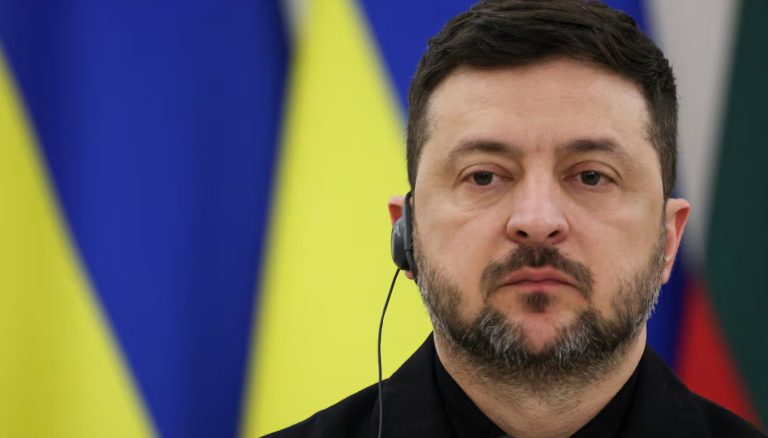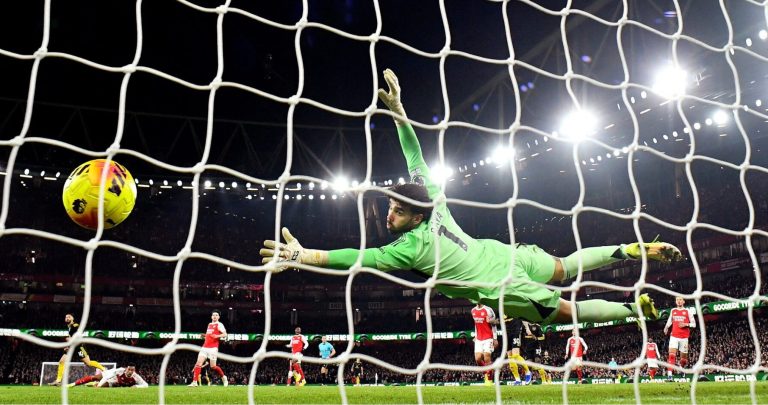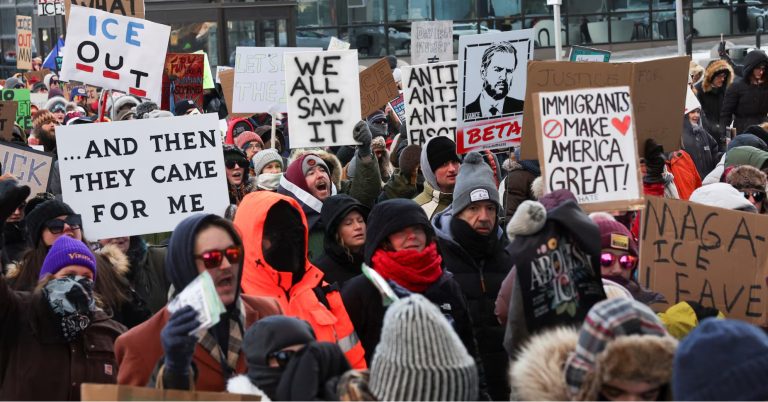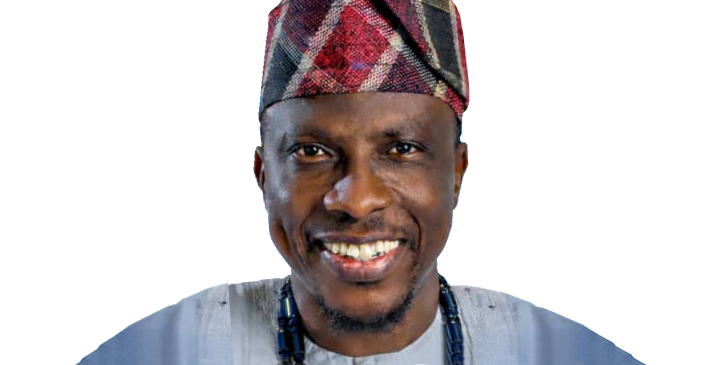Rivals Umaro Sissoco Embalo and Fernando Dias have both declared victory in Guinea-Bissau’s presidential election, ahead of the official results.
Both campaigns claimed on Monday that their candidate had surpassed the 50 percent threshold required to win outright, eliminating the need for a run-off.
Fernando Dias, speaking to supporters in the capital, Bissau, said: “We have won the presidential race. We will not have a second round.” He added that voters were “tired” and demanded change.
Hours later, Embalo’s campaign spokesperson, Oscar Barbosa, countered, insisting the incumbent president had also won outright. Barbosa called on rivals to refrain from claims that could undermine the electoral process.
The National Electoral Commission has not yet commented on the conflicting claims. Provisional results are expected on Thursday.
Sunday’s vote featured 12 candidates and saw a turnout of more than 65 percent. Notably, the African Party for the Independence of Guinea and Cape Verde (PAIGC), the historic movement that led the country to independence from Portugal, was barred from fielding a candidate for the first time.
The party endorsed Dias, strengthening his campaign, particularly after former Prime Minister Domingos Simões Pereira, the PAIGC leader, threw his support behind the 47-year-old, who is running with the Party for Social Renewal.
Embalo, 53, a former army general and ex-prime minister (2016–2018), is seeking a second term, aiming to become Guinea-Bissau’s first president in three decades to secure consecutive terms.
Opposition parties argue that Embalo’s mandate should have ended earlier this year. The Supreme Court ruled his term runs until early September, but the election was delayed until November.
Since 2019, Embalo has dissolved parliament, controlled by the opposition, and has prevented it from sitting since December 2023.
Guinea-Bissau, which has endured repeated coups and attempted coups since its independence over 50 years ago, remains one of the world’s poorest countries, with half the population living in poverty, according to the World Bank.
The election was closely monitored by more than 200 international observers, including representatives from ECOWAS, the African Union, and the Community of Portuguese Language Countries (CPLP).



